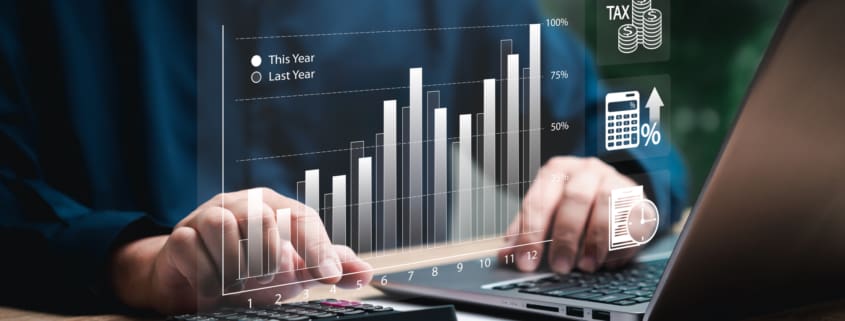How to Respond to an IRS Audit Letter
Did you receive Letter 6323 initiating an IRS Audit for your income taxes?
The same letter from the IRS is sent to businesses and individuals, and they are only sent through certified mail. Tax audits are not conducted through the phone.
Why Did You Receive Letter 6323?
There are many reasons the IRS may choose to audit your return. Common triggers include:
- High deductions relative to income
- Unreported income
- Large charitable contributions
- Inconsistent reporting between tax forms (e.g., 1099s, W-2s)
- Discrepancies related to COVID-era programs like PPP or EIDL
In some cases, the audit is random. In others, it may be due to a mismatch in reported income or an IRS algorithm flagging your return for review.
What to Do Immediately After Receiving the Letter
Once you’ve received Letter 6323, do not ignore it. You’ll typically have 10 to 30 days to contact the IRS agent listed on the letter to schedule a meeting. It’s important to respond promptly—even if you’re not ready to present documents yet.
Pro Tip: Schedule the meeting far enough out (often 30 days) to give yourself time to gather records, consult with a tax attorney, and prepare your strategy.
What Information Will the IRS Ask For?
After your initial contact, the auditor will usually send an Information Document Request (IDR). This outlines what records the IRS wants to review. These may include:
- Bank statements
- Loan documentation
- General ledgers or accounting files
- Proof of deductions, expenses, or credits claimed
Make sure your responses are complete but carefully reviewed. Sometimes over-disclosure can create new audit issues.
Should You Get Help from a Tax Attorney?
Absolutely—especially if the audit involves multiple years, business income, or potentially misunderstood transactions. A tax attorney will help:
- Craft a legal narrative that explains complex transactions
- Determine what documentation is necessary (and what may not be required)
- Communicate directly with the auditor on your behalf
- Respond to further requests and negotiate resolution
Tax attorneys also prepare you for what comes next—whether it’s an expanded audit, appeal, or Notice of Proposed Adjustment.
Can You Avoid Penalties?
In many cases, yes—if you can show that any underreporting or mistakes were made in good faith and you acted with reasonable care. Providing documentation early and maintaining good communication with the auditor is essential.
The longer you wait to respond—or the more disorganized your response—the higher the likelihood of penalties and interest being assessed.
Final Thoughts
IRS Letter 6323 is your official notice that an audit is underway. Don’t panic, but don’t delay either. Respond on time, get professional guidance, and prepare your documents carefully.
If you’ve received IRS Letter 6323, contact Milikowsky Tax Law to get a clear plan in place. We’ve helped hundreds of business owners and individuals navigate IRS audits—and we’re here to help you protect what you’ve built.



